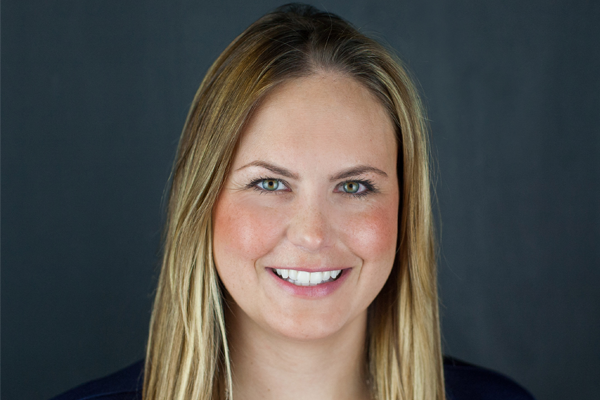
As a resilience coach, I am often asked:
- What is resilience?
- How do I become more resilient?
Here’s my perspective…
What is resilience? Resilience is one’s ability to bounce back from challenges while also gaining new skills/strengths in the process. Growing through challenges empowers us to navigate future challenges more easily.
How do I become more resilient? If you are feeling fatigued or burned out, the first two things I recommend starting with are: 1) sleep, and 2) boundaries.
Improve your sleep:
- Educate yourself and develop a sleep plan. This book transformed how I feel about sleep and how I approach it: The Sleep Solution: Why Your Sleep is Broken and How to Fix It by W. Chris Winter, MD.
- Sleep hypnosis meditations promote relaxation and restful slumber. Michael Sealey and Jason Stephenson are my favorite YouTubers, but there are plenty of great apps and resources out there. Go explore!
- Transform your bedroom into a sleep oasis. Invest in good linens, pillows, and curtains (total darkness supports great sleep). Treat yourself to eye covers, essential oils, weighted blankets, etc. I sleep with a pillow pet. Have fun exploring what works best for you. You’re worth it!
- If anxiety is keeping you up, work through it with a licensed counselor.
Set boundaries:
- Make a list of your responsibilities and commitments. Label each one as either a “requirement” (e.g. work, school, taxes) or a “non-requirement” (e.g. small household tasks, volunteer work). Prioritize the requirements when planning your day.
- Ask for help with requirements. You’re probably part of a team at work, which means you may not be privy to all of the moving parts of every project. Verify your priority list with the team lead, and ask for extra support from the team if you need it.
- Evaluate the non-requirements. Do they spark joy? Great, keep doing them – these activities rejuvenate you and should be priorities! Do any of them drain you? Drop them. Your time is too valuable to spend on draining activities or with draining people. If you aren’t ready to drop something or someone, begin by reducing your time commitment.
- Limit your availability. Don’t be afraid to let others know that you are stretched too thin to meet a non-required expectation or request. Thank them in advance for their understanding. You might be pleasantly surprised by how supportive others are when you are direct and authentic.
- Set time limits for responding to emails and texts. I don’t respond after 9:30 pm unless it’s urgent.
Once you have a handle on sleep and setting boundaries, develop a self-care routine. Self-care is a set of healthy habits (diet, exercise, recreation, relaxation) that works best for you. Every self-care routine is different because we are all different people with unique interests and needs. Watching stand-up comedy is part of my self-care routine. Don’t measure yourself to an unreasonable standard that somebody else set.
This article has been edited for length and clarity. The opinions expressed in this article are the author's own and do not necessarily reflect the view of their employer or the American Chemical Society.
ACS Career Consultants are experts and leaders working in the field of chemistry who have volunteered to support other ACS members’ career development through one-on-one career counselling. They can stimulate your thinking, ask important career planning questions to help clarify goals, provide encouragement, teach strategies for making meaningful career decisions, and aid you in your job search. Connect with an ACS Career Consultant today!











